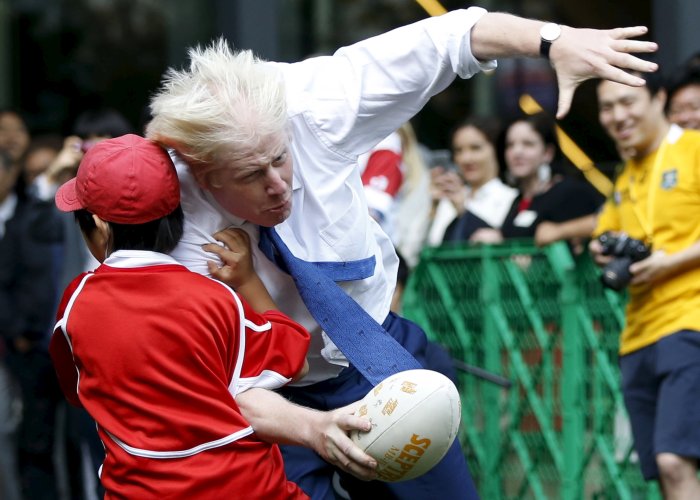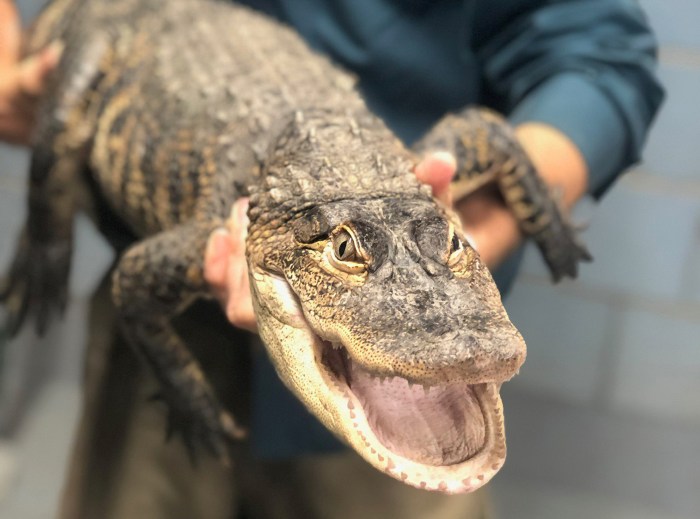MARIA ALM, Austria (Reuters) – Every year around St. Jacob’s Day, men from Austria’s Salzburg region grapple with each other in a natural arena at the top of the Hundstein mountain in a traditional martial arts contest – the Hundstoa, or Jakobi Ranggeln.
The Celtic wrestling tradition, which was included in UNESCO’s cultural heritage list in 2010, goes back more than 500 years.
“Originally the Hundstoa (Hundstein) was a holy mountain of the Celts, who immigrated here in the Fifth Century B.C. They brought iron, tools, sheep and cows with them and also the Ranggeln sport,” said Guenther Heim, a veteran wrestler.
The difference between Celtic wrestling and classical wrestling is simple, he said.
“The Greek and the Romans wrestled bare-chested, and the Celts with their clothes on. This has lasted until today.”
Children from the age of six are allowed to take part but only wrestlers aged 19 or older and from the Salzburg region can compete for the prize of the Hagmoar, a flag.
“The Hagmoar of Hundstoa has been highly prized since time immemorial and it is difficult to win. That’s why the Hagmoar of Hundstoa is a very precious title,” Heim said.
This year, 90 applicants showed their skills in bouts at more than 2,000 meters (6560 ft) altitude. The most important skills needed to win – a good grip, a firm stand and lots of strength.
In the end, 25-year-old Christoph Eberl took the title.
“It’s an unbelievable feeling. You work for years to achieve this success and when it happens you almost can’t believe it,” he told Reuters. “It’s awesome. Just beautiful.”
(Reporting by Lisi Niesner, writing by Kirsti Knolle, editing by Angus MacSwan)
























